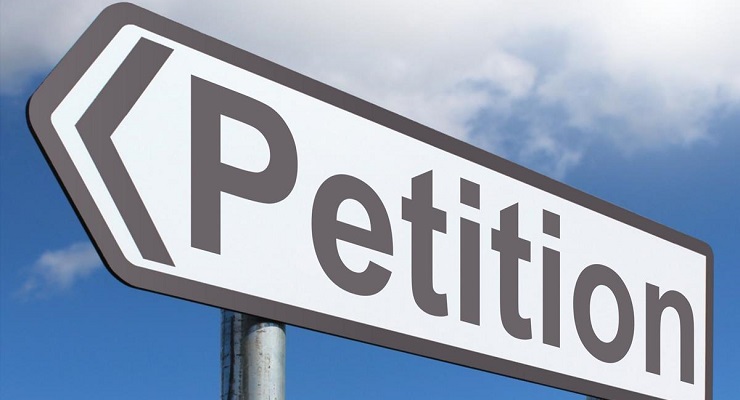
This interesting perspective published in the Harvard Magazine is by Jonathan Shaw. Here is an excerpt:
At a time when the federal government seems distant and Congress gridlocked by partisanship and the filibuster, is there another way to ensure the people’s voice is heard? Daniel Carpenter thinks so: his study of citizens’ use of petitions in the past suggests that direct contact between the people and their representatives, complementing their occasional interaction in elections, might invigorate democracy.
Petitioning is an expeditious democratic tradition, used much more frequently in prior centuries, by which citizens can bring issues directly to governments. The practice of gathering signatures in support of a cause is alive and well in small New England towns, where citizens’ petitions can be used to place proposed bylaws on town-meeting agendas or annual election ballots, so townspeople can vote on them. But at the federal level, petitioning is no longer as common as it was in the nineteenth century. That has impoverished American democracy, says Carpenter, Freed professor of government, whose recent book, Democracy by Petition (Harvard University Press), provides a history of the practice.
As expressions of collective voice, petitions support procedural democracy by shaping agendas, he recently explained. They demand a formal response from the powerful—affirmative or not. Petitions can also recruit citizens to causes, give voice to the voteless, and apply the discipline of rhetorical argument that clarifies a point of view. Often, Carpenter says, the movements that petitions initiate leave legacies of organization larger than the people who started them.
The full article can be accessed here.
Leave a Reply